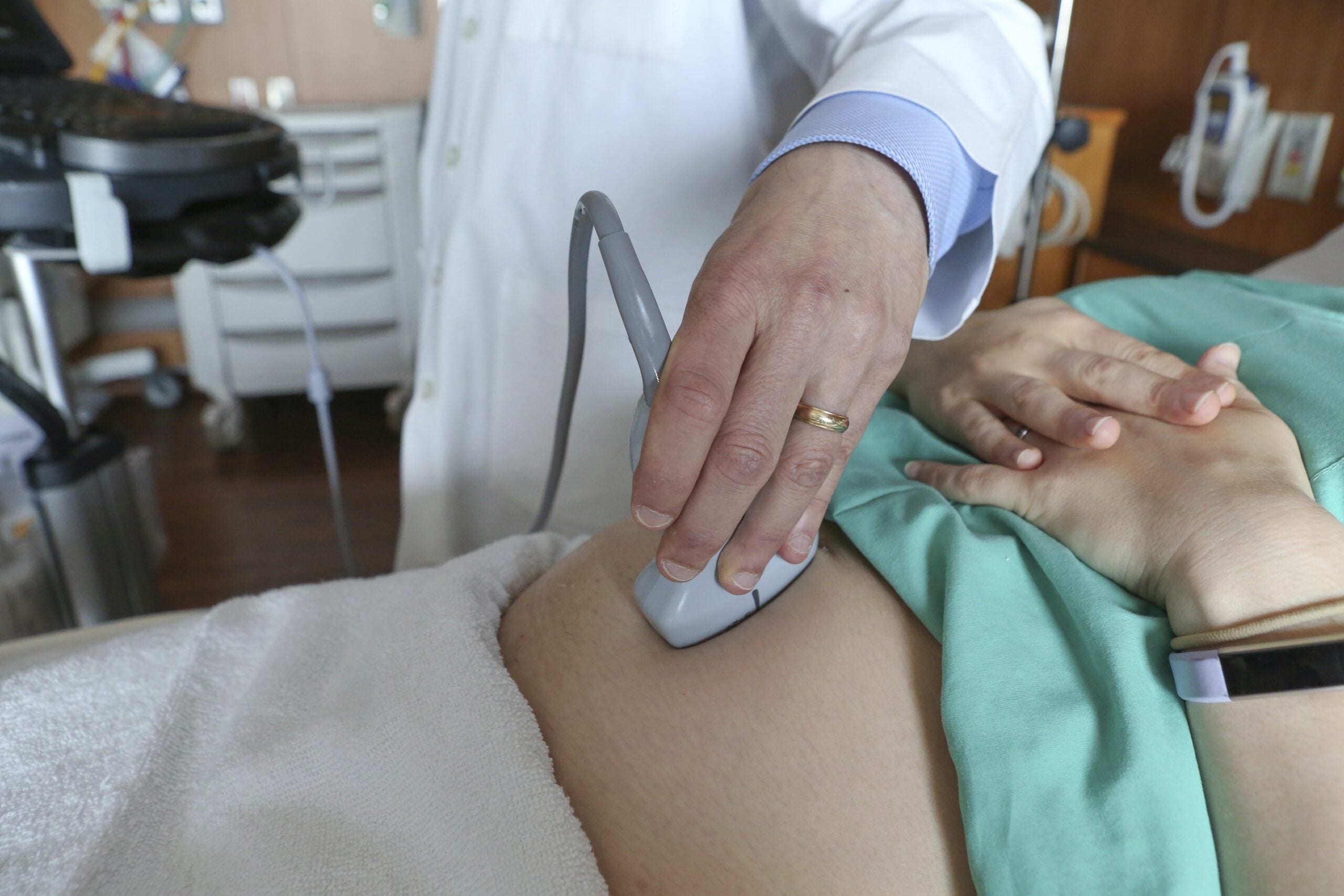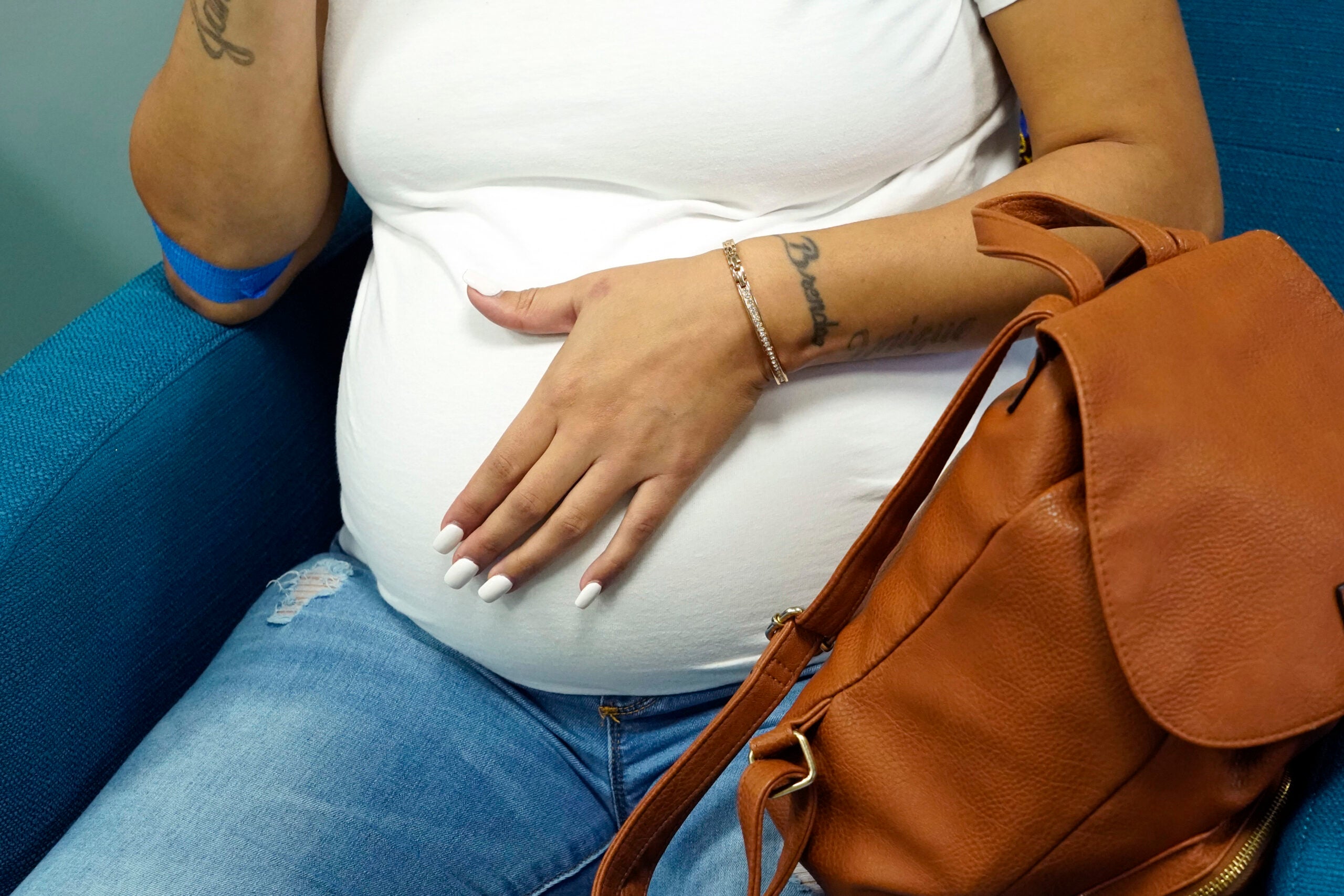A good night’s sleep is important for all of us, perhaps even more so for pregnant women. It’s one of the axioms of a healthy pregnancy, including good nutrition, good exercise, avoiding the toxins of smoke and booze and getting good prenatal care.
But beyond just getting good rest, are there other things about sleep that might also help during pregnancy — such as exactly how a woman sleeps? Researchers wanted to know if some sleep positions were better than others for the baby.
The theory is that a mom’s position in late pregnancy, especially a few weeks before that baby is born, might reduce blood flow to the baby.
Stay informed on the latest news
Sign up for WPR’s email newsletter.
Research shows that when a pregnant woman sleeps on her back, it compresses the inferior vena cava and the aorta, thereby decreasing cardiac output. Less output from the heart means less blood flow to the uterus and thus less blood flow to the baby. That means less oxygen and less nutrition for the baby, too.
Now, this theory holds up when we see how active babies are when moms are put on fetal monitors. If the moms are on their backs, babies often kick less. It’s almost as if they know there’s less oxygen and nutrients to go around so they lay low.
This phenomenon seems to be especially important in the third trimester, around week 28 of pregnancy. Some studies imply there may be as high as a 2 1/2 fold increase in stillbirths for women who are consistent back sleepers. It’s a theory with some data, but by no means is it open and shut. That’s where this most recent research published in the British Medical Journal comes into play.
The study of studies, a meta-analysis of more than 5,000 women in Australia, New Zealand and the United Kingdom, found that women who slept on their backs were three times more likely to have “small for dates” babies.
When I discussed this with one of my patients who’d recently had a baby, she said there was no way she could possibly sleep on her back during that last month of pregnancy — that would make her too uncomfortable, too short of breath and feeling just plain yucky.
That may hold true for the last four weeks, but this finding was for women not only in the last month but the last three months of pregnancy.
My spin: The way you initially start sleeping at night is the predominant way you’ll sleep throughout the night. Starting out on your side just might be a simple move that may produce a healthier baby. Why not try it?
Wisconsin Public Radio, © Copyright 2024, Board of Regents of the University of Wisconsin System and Wisconsin Educational Communications Board.




